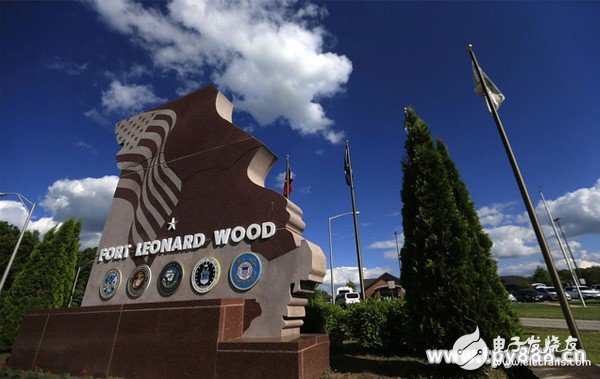China’s rising security company has brought a sense of crisis to big countries
A few days ago, according to U.S. media reports, due to the influence of certain American outlets spreading the narrative that "Chinese-made surveillance equipment poses a threat to U.S. national security," the Missouri Army base Fort Leonard Wood removed five Hikvision surveillance cameras. The move was aimed at addressing public concerns over cybersecurity, even though officials have since clarified that these devices were never considered a real security risk.

Colonel Baker, the chief of staff at Fort Leonard Wood, emphasized that the military never viewed the Hikvision cameras as a security threat. The removal was purely a response to public skepticism. There are 187 surveillance cameras in total at the base, and the five from Hikvision are only used to monitor roads and parking areas outside the facility. They do not cover sensitive zones and operate on a closed network, making it impossible for them to connect to external systems. As Colonel Baker stated, “We never thought these cameras were a security risk. They’ve always been on a closed network.â€
Hikvision quickly responded to the incident, stating that the company has always prioritized safety, ethics, and global compliance. With operations in over 155 countries, Hikvision works closely with local authorities and partners to ensure its products meet all regulatory and security standards. The company criticized Western media for spreading misleading and alarmist reports that distort its image and mislead the public about its products and services.
The so-called “security risk†issue is not really a critical one. From both the military’s statement and Hikvision’s response, it’s clear that the real concern wasn’t about the technical risks of the cameras, but rather public perception. As Colonel Baker explained, the decision to remove the cameras was more about managing public sentiment than addressing an actual threat.
So where did this negative perception come from? Throughout the entire situation, it's evident that much of the distrust stems from media hype. More importantly, it reflects a deeper psychological resistance in many developed nations—particularly in the U.S. and Europe—toward China’s growing technological influence. As China becomes more prominent on the global stage, some countries view it as an “untouchable†or a threat to their dominance.
This kind of fear isn’t new for Hikvision. Last year, the U.S. Army also raised concerns about Chinese drones, specifically those made by DJI. However, just a few days later, the U.S. federal government officially stated that the drones posed no security risks and ensured data privacy.

As the world continues to watch China’s rise, it’s clear that the fear surrounding its technology isn’t based on facts, but on outdated mindsets and geopolitical tensions. While companies like Hikvision strive to be transparent and responsible, the narrative pushed by certain media and political groups often overshadows the reality.
Wuxi Motian Signage Co., Ltd , https://www.makesignage.com